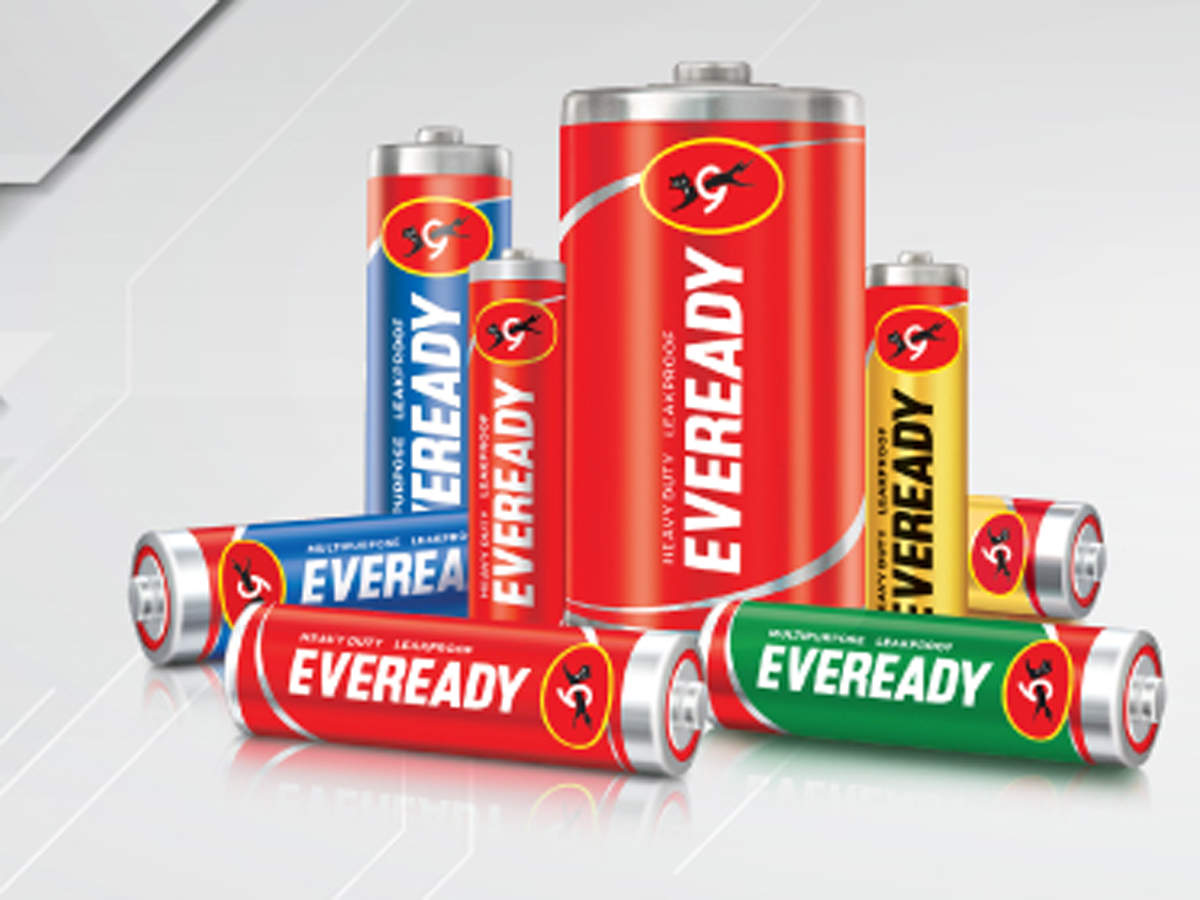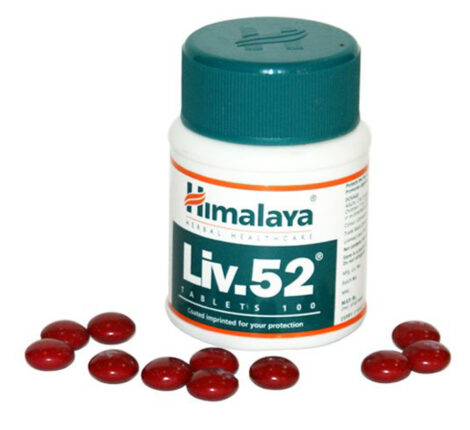Delhi High Court dismissed the writ petition and upheld IPAB’s decision to remove ‘Eveready’ marks from the Register of Trademarks which do not belong to Eveready Industries Limited
Brief facts:
The petitioners are in the business of manufacturing and marketing hand tools. They adopted the trademark “EVEREADY” regarding screwdrivers and cutting pliers under class 8 in 1985. On the other hand, the respondent deals with the manufacturing and trading of dry cell batteries, flashlights, compact fluorescent lamps (CFLs), and general service lamps (GSLs).
All the products of the respondent i.e., Eveready Industries India Limited, are manufactured and sold under its brand name and trademark “EVEREADY.”
The respondent is India’s largest selling brand of dry cell batteries and flashlights, having a share of about 46% and 80% respectively in the organized market and has been using the mark “EVEREADY” since 1942. It is further claimed that the trademark of respondents “EVEREADY” has attained the status of “well-known” within the meaning of Section 2(1)(zg) of the Trade Marks Act. The respondent filed rectification/cancellation petitions with the IPAB in 2009, stating that it is the registered proprietor and owner of the trademark “EVEREADY,” registered under several classes of the Trade Marks Act has been using the mark since 1942.
The respondent’s rectification/cancellation petitions were approved by the IPAB vide its impugned order of September 22, 2020, resulting in the removal of the registered trademark of the petitioner from the Register of Trade Marks. This led the petitioners to file the present writ petition under Articles 226 and 227 of the Constitution of India, IPAB’s impugned order.
Also read: Polo Sport Vs. Sport Polo
Contentions of the petitioner:
- The petitioners claim that the goods of the petitioners and respondents are diverse and belong to separate classes. As a result, there was no possibility of confusion or deception.
- Further, the trademark “EVEREADY” is not an invented word; it is a combination of two words of the English language, “ever” and “ready,” and is used in common parlance.
- The petitioners relied on Section 33 of the Trade Marks Act to argue that there has been a concession on the part of the respondent, which disentitles the respondent to dispute the petitioner’s use of the impugned trademark in respect to screwdrivers and cutting pliers. The petitioners stated that the respondent had prior knowledge of their trademark registration since 2000. Despite this information, the respondent filed the rectification/cancellation petition in 2009, i.e., nine years later. Therefore, the rectification/cancellation petition was blocked by delay, laches, and acquiescence.
Also read: VISTARA – Trademark Infringement Of Well-Known Mark
Contentions of the respondent:
- The respondents claim that they are the prior users and have been in business for more than 80 years and their trademark “EVEREADY” is a well-known trademark under section 2(1)(zg) of the Trade Marks Act, 1999. Accordingly, the use of the respondent’s well-known trademark by the petitioners would confuse the trade as the consumers would assume that the respondent has gone into the manufacture of hand tools, screwdrivers, and pliers, which the petitioners manufacture.
- According to the respondents, the trademark “EVEREADY” is an invented word that is not mentioned in the English dictionary. Thus, the petitioners’ adoption of the trademark “EVEREADY” was a mala fide act on the part of the petitioners.
- Further, the respondents stated that the petitioners had no registered trademark from 2006. As a result, it is not a matter of concession. Only in 2019 was the registered trademark in favor of the petitioners was restored.
Also read: Choice Hotels International Granted Injunction For Well-Known Trademark COMFORT INN
COURTS OBSERVATIONS:
- The Delhi High Court has dealt with the various issues propounded by both parties to the dispute. The Court held that the respondent’s trademark had attained the status of a well-known trademark mark under Section 2(1)(zg) of the Act owing to its extensive, continuous use since 1942, having gained immense goodwill and reputation. Therefore, in the present case, the respondent would be entitled to the benefit of Section 11 of the Trade Marks Act.
- On the issue of acquiescence raised by the petitioners, the court relied on the judgements of Hindustan Pencils Private Limited v. India Stationary Products[1], and Make My Trip (India) Private Limited v. Make My Travel (India) Private Limited. In these cases, the Court held positive act or an express assent on the part of the right holder is an essential requirement to claim the defense of acquiescence under Section 33 of the Trademark Act 1999. As stated, “To prove delay and acquiescence, the defendant should have demonstrated that the plaintiff expressed assent and encouraged the use of the impugned marks. Merely showing delay to sue could not be accepted as sufficient grounds to exercise this defense.”
- The Court, in the present case, while analysing the evidence on record, held that the defense of acquiescence would not be available to the petitioners as there was no use of the trademark between the years 2000-2005. With effect from 2006, there was also no registered trademark. The petitioners began using the said trademark in 2006, and the rectification petitions were filed in 2009. Therefore, the Court refused to give the advantage of Section 33 of the Trade Marks Act to the petitioners.
- The Court held that in terms of Section 2(1)(b) of the Trade Marks Act, there could not be any retrospective assignment of a trademark. The assignment has to be in writing in Section 2(1)(b) of the Act. When the petitioners executed the said Assignment Deed in 2009, there was no registered trademark because the said trademark had lapsed in 2006. As a result, there could not have been an assignment. The objective of signing the Assignment Deed above with retroactive effect was to overcome the fact that the petitioner’s trademark registration had expired in 2006 due to non-renewal of the same.
- The Court observed that there was no error in the order passed by the IPAB and therefore dismissed the writ petition.
Read the IPAB’s decision here.
Read the Delhi High Court’s judgement here.
[1] AIR 1990 Delhi 19
— Deepanshi Kapoor; student at Alliance University, Bangalore
Disclaimer: This article is intended to provide general guidance to the subject matter. It does not contain legal advice. For any specific advice/corrections, write to [email protected]
© ZEST IP




